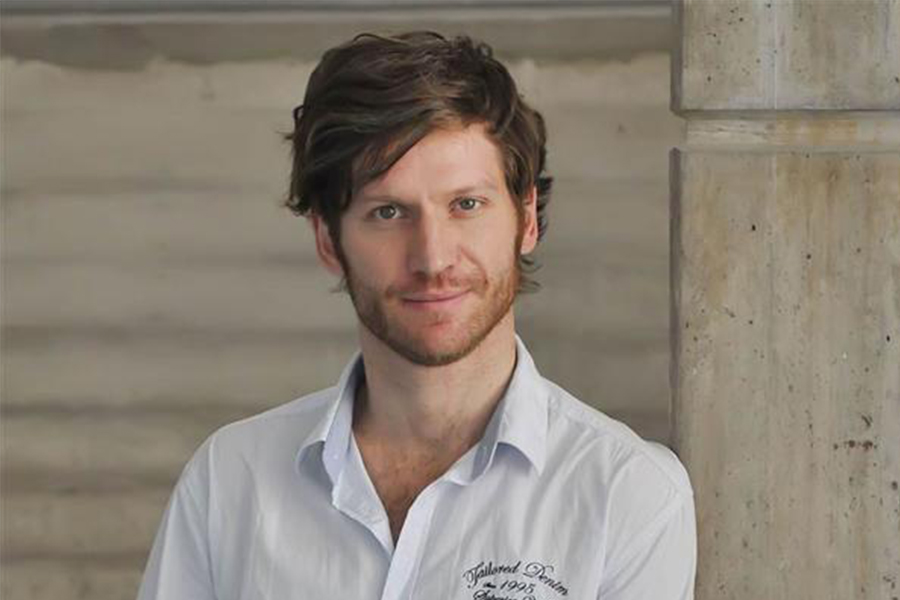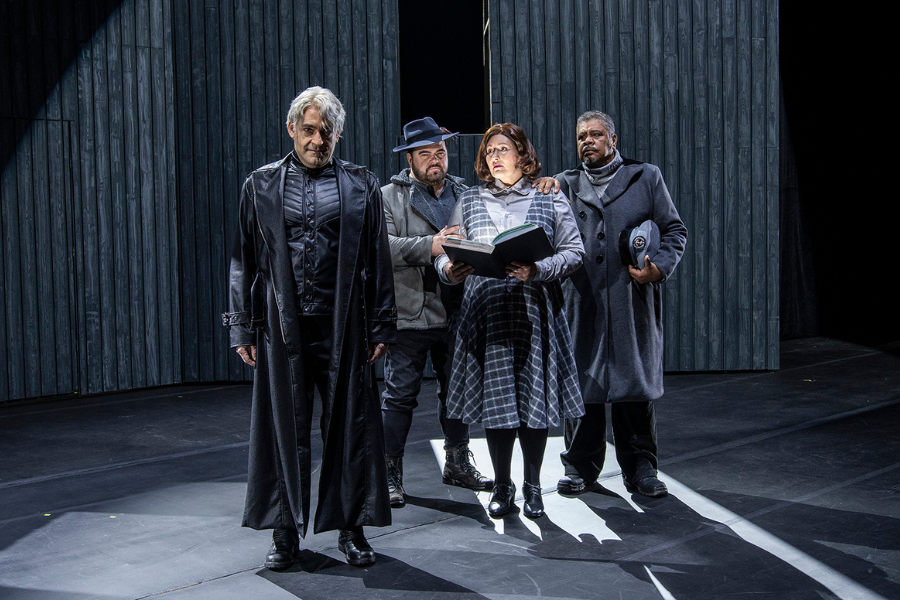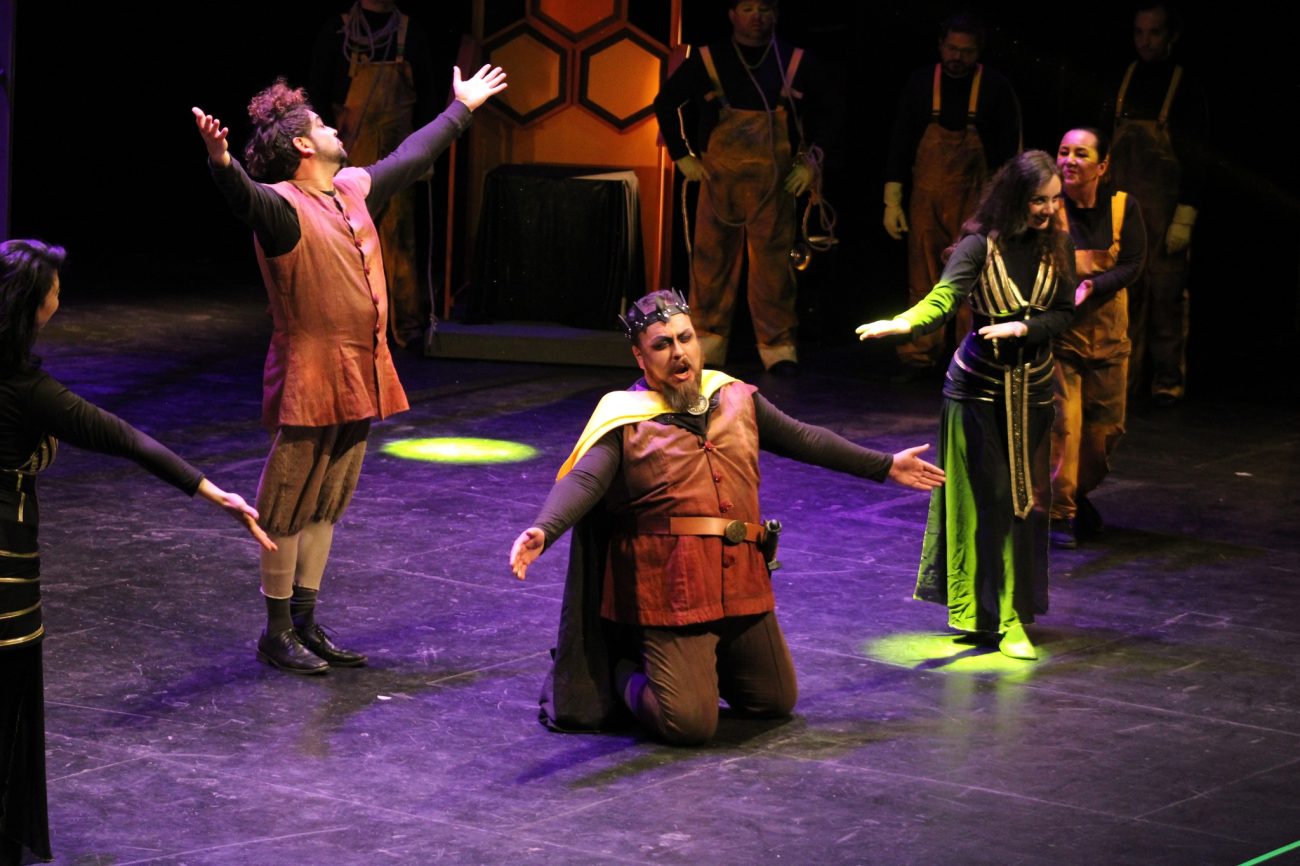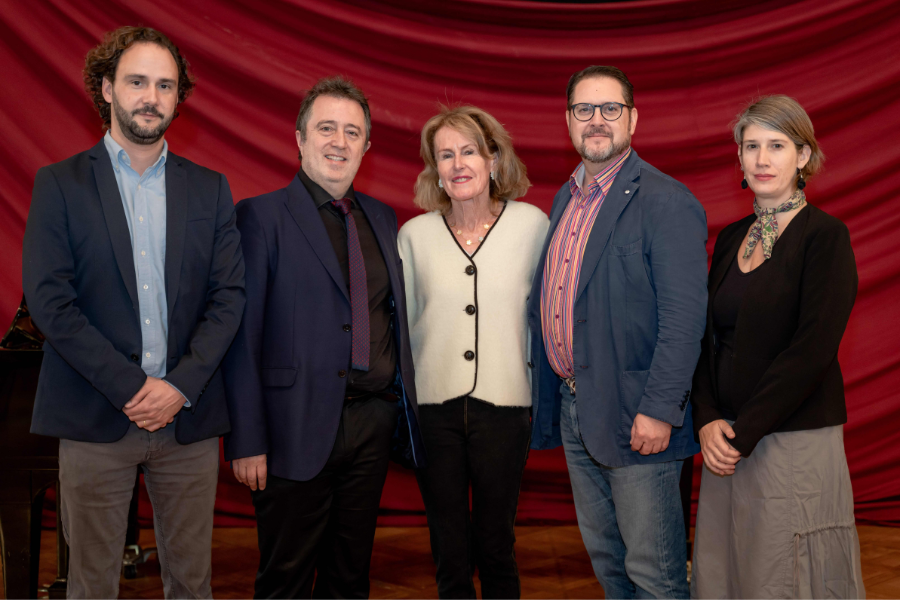Pablo Maritano dicta curso de dirección de artes escénicas en Rancagua

“The construction of a representation hypothesis, or The direction as a party ” is the name of the free course that the renowned Argentine stage director Pablo Maritano will give from August 16 to 23 at the Theater Rancagua Regional.
The SEREMI of Cultures, Arts and Heritage of O’Higgins and the Corporation of Culture and Arts of the Illustrious Municipality of Rancagua invite you to participate in the Performing Arts Management Course “The construction of a representation hypothesis, or The direction as a party, ”dictated by the renowned Stage Director, Pablo Maritano. The course is free and will be held between August 16 and 23 at the Teatro Regional de Rancagua and is aimed at Performing Arts Professionals, Theater Teachers, Theater Company Directors, Circus Theater professionals.
.
The workshop program is directed towards the need to bring to the level of conscious analysis the amount of choices that a director makes during the process of staging a work, whether during the gestation of a representation hypothesis, the exchange of ideas with the creative and production team, until rehearsals.
.
Within this framework, contact with music is prioritized, understanding it not as an abstract material, but as a language relevant to the present, to be interpreted as a dramaturgy line to represent, heard and adapted to a contemporary audience. Within the practical aspect, familiarize the director with the work on the score.
In addition, the course proposes to deepen contact with the repertoire, and propose a personal reading of the history of the performance; as well as a perspective of the own work contrasted with the work of current creators.
.
About Pablo Maritano
Born in Buenos Aires, where he graduated from the Ernesto de la Cárcova Higher School of Fine Arts and the Higher Institute of Art Teatro Colón, also training in piano and text theater.

He is recognized for his approach to the repertoire of the seventeenth and eighteenth centuries, as well as the contemporary. In 2008 he won the Chamber Opera Competition of the Teatro Colón for his work on Le devin du village de Rousseau. He received the International Critics Award in Chile for his production of Otello (reprized at the Teatro Argentino de La Plata and the Auditorio Nacional del SODRE in Montevideo), and for the South American premiere of Platée de Rameau. In Buenos Aires he directed productions such as L’italiana in Algeri, La Traviata, Faust, Serse and Così fan tutte. In 2010 he directed Rigoletto for the Teatro Argentino de la Plata and, in the same room in 2011, a new version of The Absent City of Gandini.
.
The same year he directed Il Mondo della Luna de Haydn at the Teatro Avenida, and made the South American premiere of Hippolyte et Aricie de Rameau. In 2012 he directed a new production of The Rapture in theSerrallo Mozartat the Avenida Theater; He made the American premiere of Cachafaz de Copi-Strasnoy at the Teatro San Martín, distinguished with a special mention of the New Music Theater Festival in Berlin. He directed at the Municipal de Santiago de Chile Il Trovatore and I due Foscari. In Brazil he rode Romeo and Julieta, Norma and El barbero de Sevilla. In 2016, he completed thein the main hall of the Teatro Colón Ibero-American premiere of Die Soldaten by Bernd Alois Zimmermann. He also directed The Imaginary Sick, orPear Chamber of Teatro Colón; Carmen, Norma, Giulio Cesare and Le Grand Macabre, as well as a new version of Der Rosenkavalier in Sao Paulo and Der Fliegende Holländer in Belo Horizonte.
.
As a teacher, he works as a professor of the stage management career at the Instituto Superior de Arte del Teatro Colón, and as program director of the Opera Estudio of the Teatro Argentino de La Plata. His teaching activity includes work in different institutions in Spain, Argentina, Chile, Switzerland, Italy, France and Brazil.
.
Among his upcoming releases are La Cenerentola, Manon Lescaut de Puccini; L’elisir d’Amore, Finta Giardiniera and La Traviata in Italy, Spain, Georgia, Switzerland, Argentina, Chile and Brazil.







